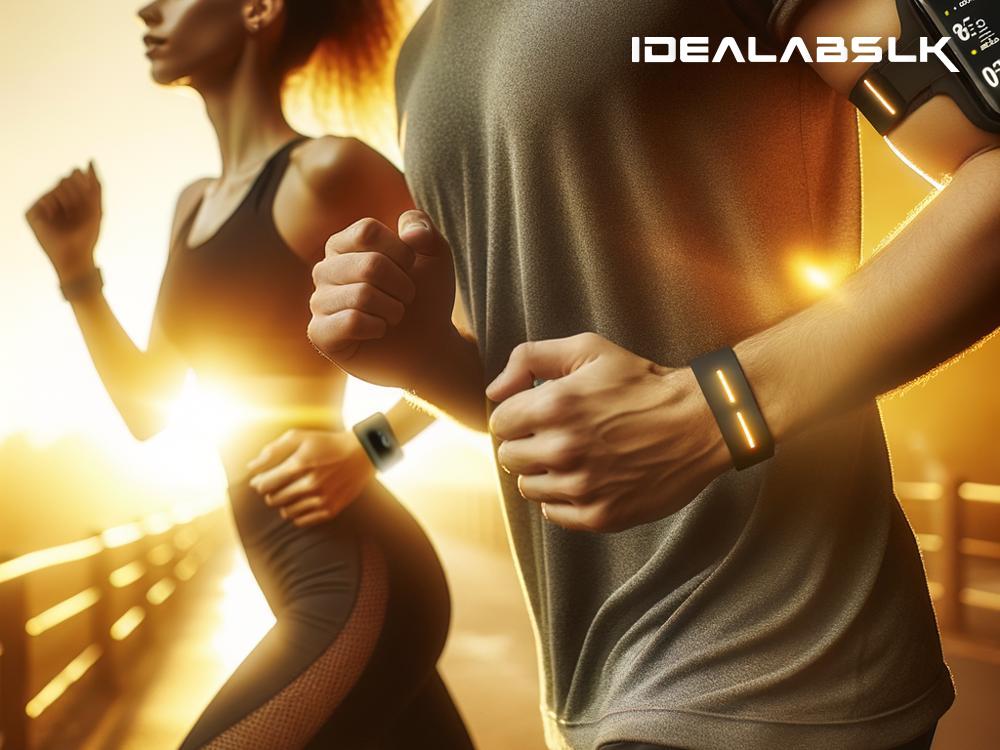How AI-Driven Wearables are Changing Fitness Tech: Fitbit vs. Whoop
In the quest to stay fit and healthy, tech is becoming our best buddy. A big shoutout to something called AI (Artificial Intelligence) for making this happen! AI-driven gadgets, especially those you can wear like cool accessories, are revolutionizing how we track and improve our fitness. Two giants in this arena, Fitbit and Whoop, are pushing the limits of what wearable tech can do for us. Let's dive into how these cool gadgets are changing the fitness tech game.
The Magic of AI in Wearables
First up, what's this AI thing in wearables? In simple terms, AI in wearable tech means these gadgets can learn from the data they collect about you. We're talking about stuff like how many steps you take, how well you sleep, or even how fast your heart beats. Then, using brainy calculations, they give you insights and recommendations so personalized, it's like having a tiny fitness coach on your wrist.
Fitbit: The Friendly Fitness Pal
Fitbit is probably a name you've heard tossed around a lot. It's like the friendly next-door neighbor of fitness wearables. Fitbit's range of products is known for their ease of use, making them perfect for fitness newbies and pros alike. What sets Fitbit apart is its holistic approach to health. These gadgets don't just tell you how many steps you've taken. They also track your heart rate, sleep quality, and even your stress levels.
Thanks to AI, Fitbit devices can give you a personal "Daily Readiness Score." Think of it as a fitness mood ring telling you whether to push hard or take it easy. This score is the result of a brainy analysis of your activity levels, sleep quality, and heart rate variability—a fancy term for how your heartbeat changes.
Whoop: The Fitness Scientist
On the other side, we have Whoop. This isn't your average fitness tracker. Whoop is like the scientist of wearable tech, diving deep into the data of your body's performance. Whoop straps don't just track your activities; they're on a mission to optimize your recovery, training, and sleep. Yes, the focus is not only on how hard you can push yourself but also on how well you bounce back.
Whoop's standout feature is its emphasis on recovery. By analyzing your sleep patterns, daily strain, and heart rate variability, Whoop gives you a "Recovery Score." This is your green light (or red light) for how ready your body is to take on stress, physical or otherwise. It's this keen insight into the cycle of exertion and recovery that's pure gold for athletes or anyone serious about fitness mastery.
Fitbit vs. Whoop: The Showdown
Now, you might be wondering, "Which one is better for me, Fitbit or Whoop?" The answer isn't straightforward because it really depends on what you're looking for.
For the Everyday Fitness Enthusiast: Fitbit is like the Swiss Army knife of wearables. It's packed with features that cover a broad spectrum of health metrics, making it ideal for someone who wants a bit of everything: fitness tracking, health monitoring, and even some smartwatch features. Plus, its user-friendly interface means you don't need to be a tech whiz to get the most out of it.
For the Fitness Dedicatee or Athlete: Whoop, with its laser focus on optimization, might be more up your alley if you're very serious about your fitness. Whether you're training for a marathon, trying to improve your sleep, or simply love diving deep into data, Whoop's detailed analysis can be a game-changer. However, the depth of information and the subscription-based model might not appeal to casual fitness enthusiasts.
Conclusion
AI-driven wearables like Fitbit and Whoop are not just changing the fitness tech landscape; they're redefining how we approach our health and wellness journeys. By offering personalized insights and recommendations, these gadgets are helping us make smarter, data-driven decisions about our bodies.
Whether you lean towards the comprehensive approach of Fitbit or the data-intense focus of Whoop, there’s no denying that the future of fitness is on our wrists. And with AI continually evolving, who knows what next-level insights our wearables will offer us tomorrow? For now, having a mini fitness coach strapped to our wrists is pretty darn cool and a big win for health enthusiasts everywhere.

